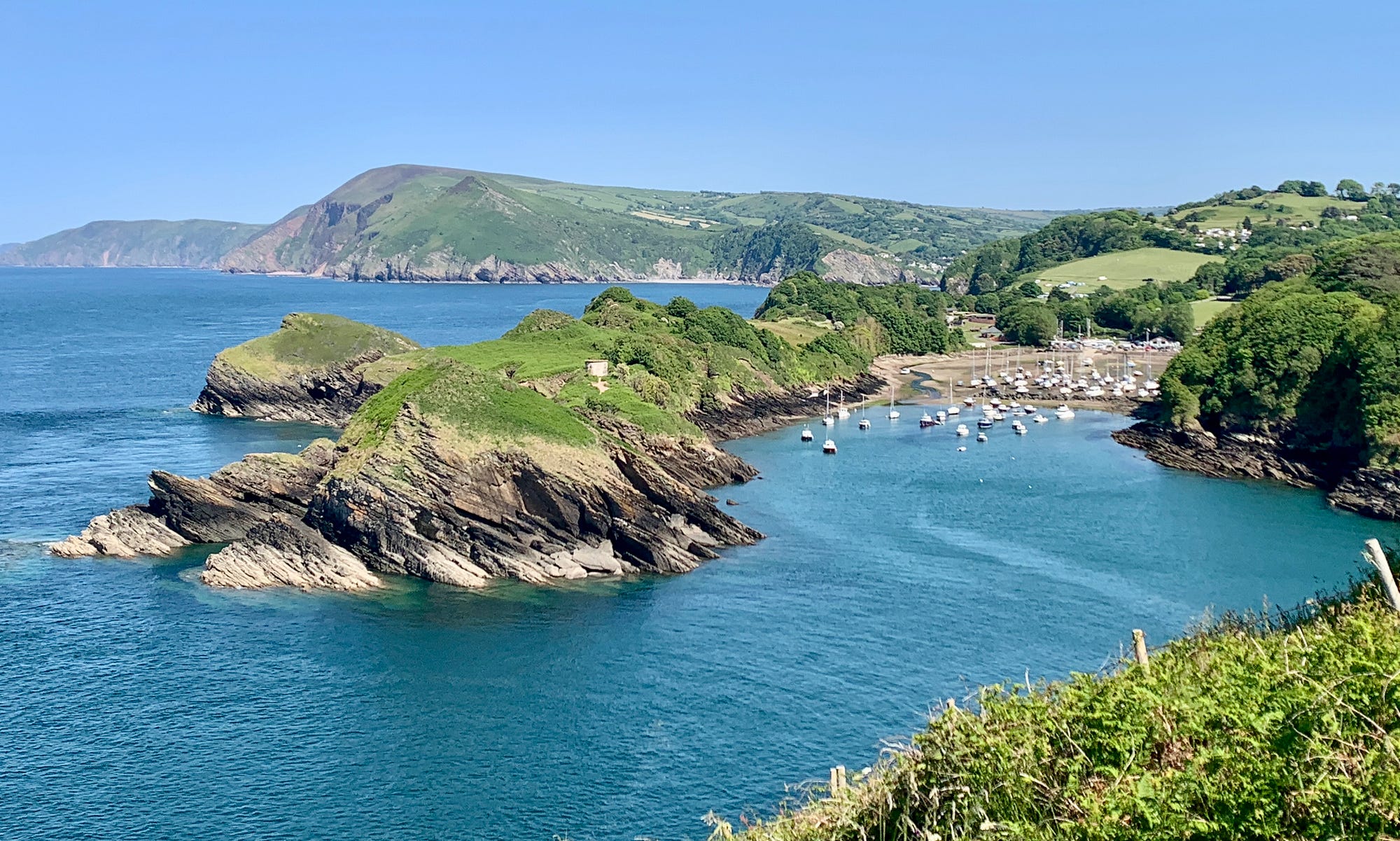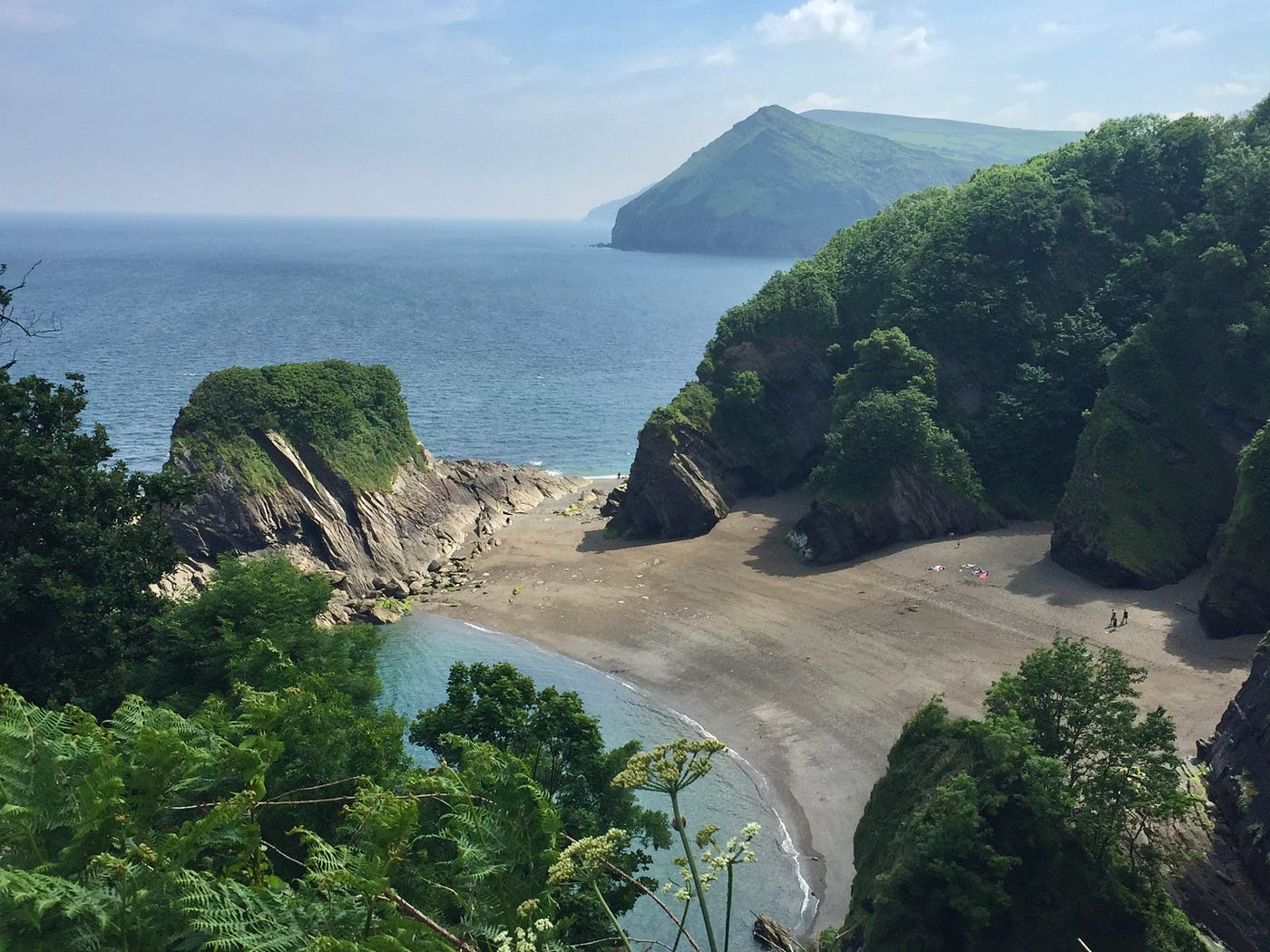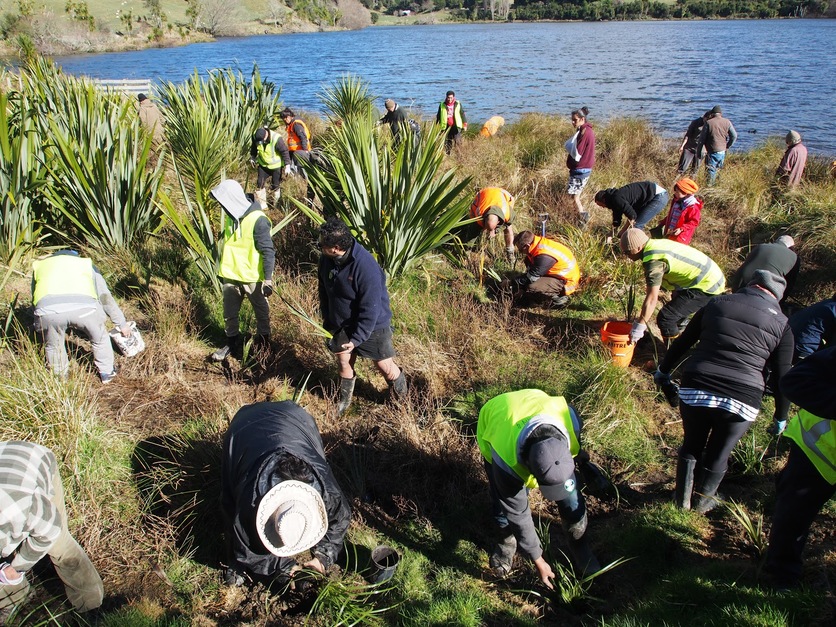I was reading an article on Medium today and as I'm interested in water quality I'm adding here for anyone else to chime in and add their feelings
This article is by Michelle Lawson who lives in Devon, England

I’m walking along the South-West Coastal Path towards Watermouth Cove, near Ilfracombe in North Devon. Anyone who’s watched Enid Blyton’s Famous Five on TV might recognize it as the location of the scenes at ‘Kirrin Island’. I walk through a campsite, then disappear into the overgrowth to photograph the Sterridge stream. On the little bridge, I pull out my bucket and lower it to fill it with water from the stream. Then I use a syringe to squirt water into a test tube.
Campers and hikers sometimes give me puzzled looks, especially when I’m holding the syringe. I explain I’m a volunteer, here to monitor the health of the coastal streams.
In 2020, dismayed at the state of the environment, I applied to be a volunteer citizen scientist for our regional Rivers Trust. They promptly gave me two coastal streams to monitor. Until recently, sampling was the job of the Environment Agency, but due to funding cuts, it can no longer send out its employees to sample the water. Now it’s down to volunteers like me — around 600 of us in Devon — to take the bucket for a walk each month.
An excuse for a walk
I joke when I say this, but having a purpose for a walk, makes me get outside. One of the sampling spots is on the coastal path, which means a stop at the bench overlooking Broadsands Beach and the Bristol Channel. Until recently, this bench had a sign claiming it was ‘voted the happiest view in the UK’, whatever that means!

The third sampling spot is within the Sterridge Valley, part of my village. Sometimes the woman living in the cottage where I sample brings me out a mug of tea.
To continue reading please click the link below
Replies to This Discussion
-
We have Govt DOC wardens to do all this type of stuff in our streams and protections from run offs from agriculture etc, We also had a huge problem years back with didymo sludge aka rock snot, which is a invasive algue..it was getting way out of hand...DOC ordered anyone entering rivers had to wash all footwear ,boats & gear to prevent transferring it from river to river.. and farmers were forced to do irrigation native plantings on river & stream beds, and fencing off or any area to prevent cattle entering rivers.. There is a real need to change a culture here, get to the root of the problem & deal to it fast, we are such a small country and as thus our water supply is vital for survival.. we are dislodging our dependence on single use plastics, & companies are now putting humanity above profit, but we too still have a long way to go yet...
-
Your country sounds like it's taking things in hand and working through any problems as they arise. Our country has a long way to go on their policies. The public are hearing that the government are cutting down their grant to the canal and river trust each year starting from this year which is bad news for water quality on our canal and river systems. I hope they rethink this strategy as wildlife and anyone using the water courses will get a "raw" deal.
-
Yeah cant say we have any major issues with our water supplies, hey the NZ Govt even personified one river to give it rights as a human... however,.. cos in the past it was in question...
but they have scientists now who go out in the field and do tests on river & stream waters .. there was way too many 'mayfly bugs' in our rivers for starters which is a good thing, as they tell us something, as they are like when they sent canaries into mines to detect gas, Mayflies, stoneflies, and caddisflies especially are very sensitive to changes in water quality and are often the first bugs to disappear when conditions start to deteriorate.so they then ordered farmers to create better run off systems, I think that we have underestimated how we have modified the flow or direction of water in our watersheds.
If it was to percolate, rather than run-off, it would be filtered of nutrients from the farm and paddock - eutrophication. Think of a spring-creek, the landscape itself filters the water. Soils rich in calcium and magnesium adsorb carbonic acid (CO2) and they also adsorb urea and ammonium from ecological decomposition processes. If the vegetation in the water, and on the banks is essentially cut-off from these nutrients by limiting the "cation exchange" available, then it will respire less during the nocturnal hours during the heat and drought of summer. This vegetation can still thrive on nitrite and nitrate.
Growing plants on soil often demands that there be good cation exchange for calcium, iron, and magnesium absorption - it can be done with chemicals or organic materials, but, it produces the same problem - agricultural runoff or eutrophication. We could easily add crushed lime or excavated "calcrete" (aridisol) to the places where farms and ranches have run-off into sensitive riparian areas. We could also restore the classes of sediments that filter and introduce meander by installing a "spawning gravel" where other benthic macroinvertebrates thrive. When domestic animals, mountain bikes, and anglers wading boots ford stream beds, when it isn't in flood stage, it takes away all the filtration benefits of how the particles were sorted during flood-stage events. this is why you see farmers doing native plantings on bends n catchments on streams & rivers on their land, if they dont it causes stangnant water & disease to take hold..like these images below..


-
I am dedicated to this happening in Turtle Island / USA
ënagualí~ᏉL𝐀ᗪἇ ኔጡ። said:We have Govt DOC wardens to do all this type of stuff in our streams and protections from run offs from agriculture etc, We also had a huge problem years back with didymo sludge aka rock snot, which is a invasive algue..it was getting way out of hand...DOC ordered anyone entering rivers had to wash all footwear ,boats & gear to prevent transferring it from river to river.. and farmers were forced to do irrigation native plantings on river & stream beds, and fencing off or any area to prevent cattle entering rivers.. There is a real need to change a culture here, get to the root of the problem & deal to it fast, we are such a small country and as thus our water supply is vital for survival.. we are dislodging our dependence on single use plastics, & companies are now putting humanity above profit, but we too still have a long way to go yet...
-
When you live in a small country you have no choice really one has to have fresh clean water to survive its our human rights really, so our Govt keeping tabs on farmers run offs and prevention of pollution is vital.. seems to be working for us.. hope it works for you on Turtle island Tara.
-
Enjoyed the video Vlada, a very informative explanation, thank you
© 2025 Created by Tara.
Powered by
![]()